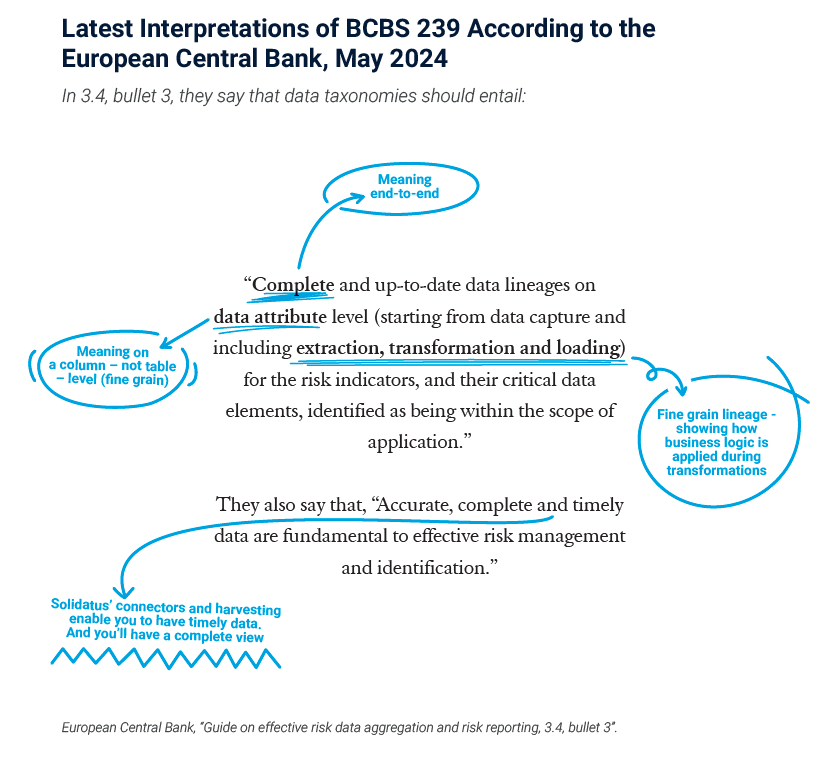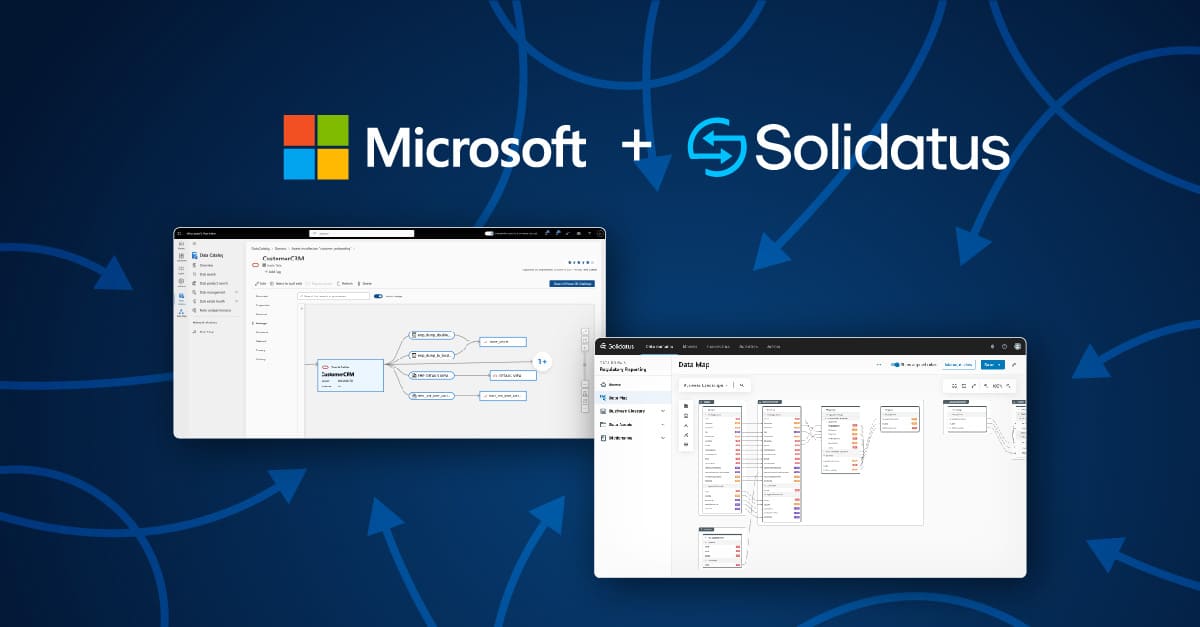
Good data governance includes a set of robust processes, policies and standards that ensure the efficient and effective use of information. It stipulates who is responsible for data, how it can be used and how its quality is assured. Part of NOW: Pensions’ newly defined Data Governance Program included creating a new business data model to improve and organize their data structure. Once built, the model was then enriched through defining a set of data quality rules that prevented the uptake of bad data, as well as measuring the quality of the data that was already held by NOW: Pensions.
The team at NOW: Pensions identified three main challenges:
The ‘as-is’ data wasn’t clear.
- A business data model was needed to guarantee that the right data was available to users and that there was one source of truth.
- Data quality rules were required to measure current data quality and to stop bad data re-permeating systems.
Key to addressing all these challenges was achieving an understanding of where data originated and what data flowed to where.
How NOW: Pensions used Solidatus to address their key challenges
Data Distress: Is the Data Office on the Brink of Breakdown?
Mapping data lineage
NOW: Pensions used our powerful data lineage functionality to map their ‘as-is’ data lineage from its point of origin right through to the data warehouse. This gave them an accurate snapshot of how their databases were structured and provided cataloguing of the technical metadata for every column within each individual table, such as data type and field length. Individual source system models could then be joined to show the transitions from the source systems through the staging databases to their data warehouse.
Creating a Business Glossary
NOW: Pensions created a business glossary to provide a common language for all the terminology within each source system. Solidatus Reference Models allow subject-matter experts (SMEs) across the organization to record the terms their area uses; these can then be shared, centrally collated, and disseminated across the business to ensure consistency of understanding and eliminate confusion.
Building a Business Data Model
Once a new business data model was created within Solidatus, the source systems could then be mapped to entities within the lineage models so that the data architects and developers were confident with what each of the column headers referred to. Business rules could then be defined to ensure that all the data fields in the new model were correct even though the data came from a variety of systems.
NOW: Pensions is using Solidatus as their central data governance tool. This has resulted in:
- A single workflow for managing collaboration among users and facilitating the effective development of Models.
- ‘As-is’ models providing a clear view of where the data entered their systems, which was invaluable in identifying where to execute Data Quality Rules.
- A complete view of how their entire data landscape is structured.
- A common language for their terminology.
- Full transparency across their data landscape.
- A Business Data Model built with the confidence that only correct and timely data can be viewed with the proper business rules in place to consolidate various sources.
As part of NOW: Pensions’ ongoing Data Governance Program, the company will soon be mapping access rights to each data view and using it as a centralized access control log.
“When we started our data governance project, we did not fully understand how our data was produced, transformed and, ultimately, used. We hadn’t mapped our data’s lineage or populated a data dictionary. Now, all that has changed. With Solidatus, our data estate is now mapped, modelled and catalogued. In a single view, I can show the business where their data resides, how it flows through systems and applications, what data quality rules apply and what data is subject to GDPR. Solidatus is central to the way that we govern data.”
Phil Yeoman, Group CDO, Cardano and NOW: Pensions
Get in touch to find out how we can help you deliver on your governance program.
Find out how you can create a living blueprint that can provide you with the knowledge and context for better-quality decision-making, robust impact analysis and reduced program time, risks and costs.







